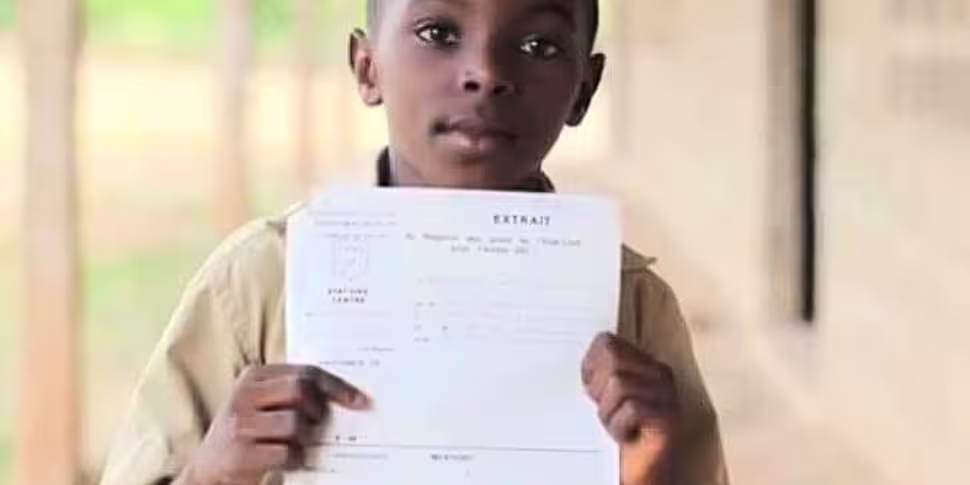The United Nations says one-in-three children around the world do not officially exist. UNICEF has found nearly 230 million children under the age of 5 have not had their births officially recorded which is excluding them from education, health care and social security.
A new report says only some 60% of births last year were recorded, with the lowest levels of registration in South Asia and sub-Saharan Africa.
Even when children are recorded, it says one-in-seven do not have a physical birth certificate as proof of registration.
"Birth registration is more than just a right. It's how societies first recognize and acknowledge a child’s identity and existence" said UNICEF Deputy Executive Director Geeta Rao-Gupta.
She added that registration is also key "to guaranteeing that children are not forgotten, denied their rights or hidden from the progress of their nations".
"All children are born with enormous potential. But if societies fail to count them, and don't even recognize that they are there, they are more vulnerable to neglect and abuse. Inevitably, their potential will be severely diminished".
Among the reasons for not registering are prohibitive costs, cultural barriers and fears of discrimination or marginalisation.
Unregistered births are a "symptom of the inequities and disparities in a society" according to the report. It says children living in rural or remote areas, born to poor families and uneducated mothers are most likely not to be registered.









